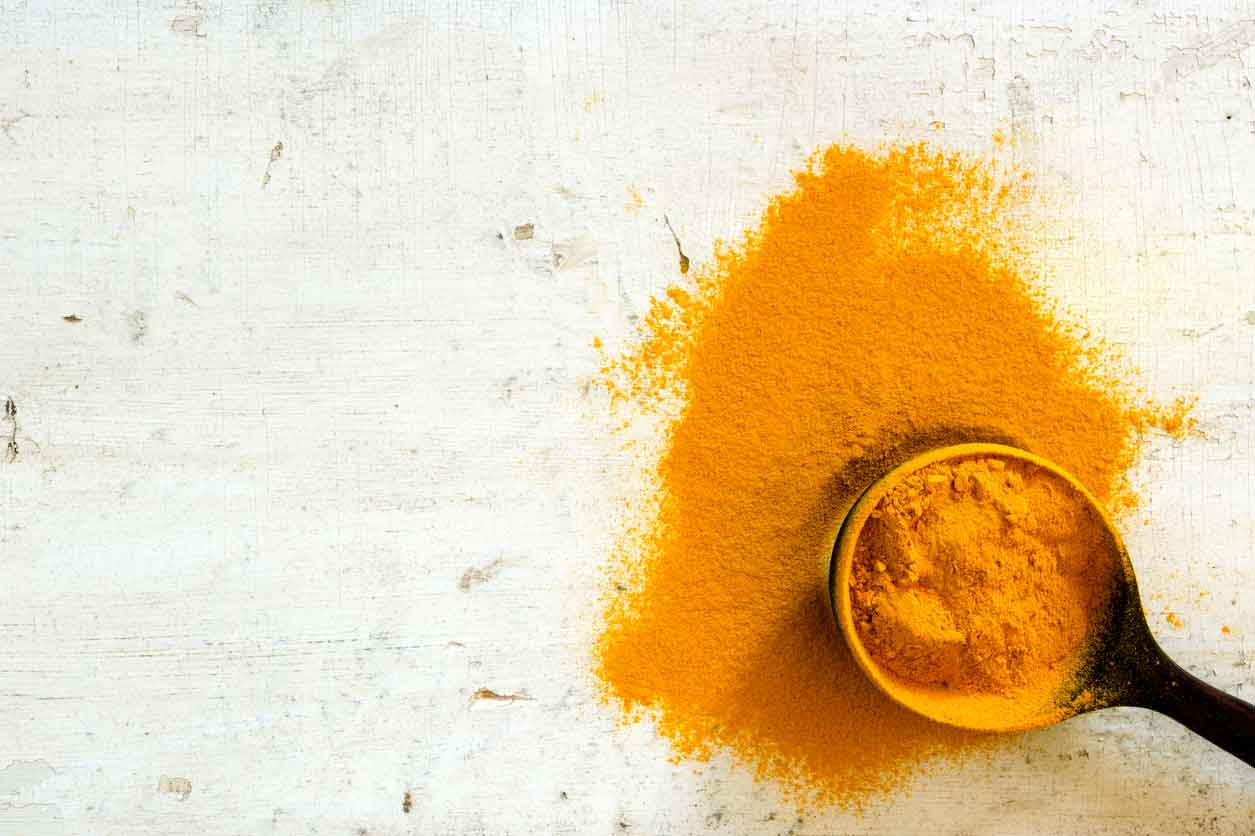Can Turmeric Help IBS? The Benefits of Curcumin for Gut Health
By Lucy Sugars, Nutritional Therapist
Turmeric — that vibrant golden spice found in many curry powders — is more than just a kitchen staple. It’s been used for centuries in traditional medicine, and modern research is catching up fast. In fact, over 11,000 scientific studies have been published on its active compound: curcumin.
So what’s the deal with turmeric and IBS? Can it actually help with bloating, cramps, or diarrhoea? Let’s explore what the research says and how you can include it in your routine safely and effectively.
🌿 What is Curcumin?
Curcumin is the active compound found in turmeric (Curcuma longa), a root that belongs to the ginger family. While turmeric contains vitamins and minerals like B6, magnesium, potassium, and iron, its real power comes from curcumin — a natural anti-inflammatory and antioxidant.
But here’s the catch: turmeric root only contains 2–5% curcumin, and it’s not very well absorbed unless combined with black pepper or taken in a concentrated supplement form.
🧠 Why Does This Matter for IBS?
Irritable Bowel Syndrome (IBS) is often linked with:
Low-grade inflammation in the gut
Increased gut sensitivity
Dysregulated gut-brain axis
Altered gut motility (diarrhoea, constipation or both)
Curcumin may help support gut health by:
✅ Reducing inflammation in the digestive tract
✅ Modulating the immune response
✅ Improving intestinal barrier function
✅ Soothing spasms and cramps
✅ Supporting gut-brain balance, which is often disrupted in IBS
📚 What Does the Research Say?
A 2021 meta-analysis found that curcumin supplementation significantly improved IBS symptoms compared to placebo, with the greatest benefits seen in bloating and abdominal pain.
Another small study showed that combining curcumin with fennel essential oil improved gut symptoms more than either ingredient alone — making this combo potentially more effective for people with IBS-D (diarrhoea dominant) or mixed-type IBS.
🧪 Should You Take a Supplement?
For therapeutic purposes, a standardised curcumin extract is usually more effective than dietary turmeric alone. Look for:
Curcumin with black pepper extract (piperine) for better absorption
Or a bioavailable form like Meriva® or Theracurmin®
Always speak with a practitioner first — especially if you’re on medication, as turmeric can thin the blood and interact with certain drugs.
🍽️ Easy Ways to Add Turmeric to Your Diet
Add ½ tsp turmeric to soups, stews, or lentil dahls. See my lovely lentil dahl recipe here.
Cook rice or oats with a pinch of turmeric and black pepper
Stir turmeric into warm almond milk with cinnamon and honey for a gut-soothing golden milk
Try a turmeric tea blend or Turmerlicious powder as an evening drink
Add to smoothies — the colour is strong, but the flavour is subtle!
✅ Final Thoughts
Turmeric and curcumin are well-researched tools in natural gut health — and may be particularly helpful for IBS. Whether you’re dealing with bloating, irregular bowel movements or gut inflammation, curcumin could offer gentle support.
Curious about how turmeric might fit into your personalised gut health plan?
Get in touch to book a consultation — I’d love to help.


